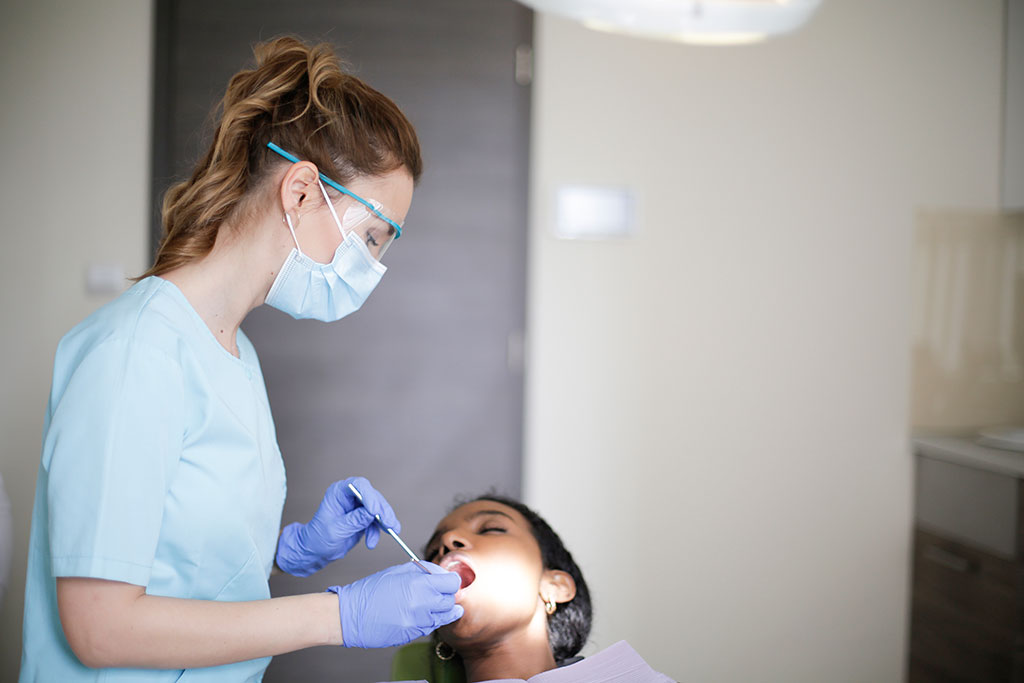Non-Invasive Diagnostic Test Improves Detection of Oral Cancer
Posted on 04 Apr 2023
Oral squamous cell carcinoma (OSCC) is a highly prevalent type of cancer that affects the lining of the mouth and throat, and is strongly associated with lifestyle factors such as smoking, alcohol use, or poor oral hygiene. Symptoms of OSCC include persistent mouth sores, difficulty swallowing, and changes in speech. The disease can be successfully treated if detected early, but prognosis is poor if diagnosed at a late stage. Oral epithelial dysplasia (OED) is a precursor condition to OSCC, in which the lining of the mouth shows abnormal changes in shape, size, and arrangement due to lifestyle factors such as smoking or alcohol use. OED can progress to oral cancer if not detected and treated early. With more than three hundred thousand people worldwide being diagnosed with oral cancer, the mortality rate of around 50% is alarming, indicating a lack of effective tools for early detection.
Now, scientists at the University of Surrey (Guildford, UK) have developed PANDORA, a proof-of-concept test that demonstrated over 92% accuracy in identifying patients with OSCC and over 80% accuracy in detecting pre-cancer or OED. The study involved taking cell samples from a test group of 40 people with OSCC and OED, as well as 79 people without cancer, including those with other benign lesions. The DEPtech 3DEP analyzer, with a unique set-up protocol, was utilized to measure and analyze the patient's cells. Since samples can be obtained at a dentist's office and sent for analysis via post, the test can be used in primary care to identify patients requiring specialist care.

“Over three hundred thousand people are diagnosed with oral cancer worldwide – a disease with an alarming mortality rate of around 50%,” said Dr. Fatima Labeed, co-author of the study and Senior Lecturer in Human Biology from the University of Surrey. “This suggests that the scientific community doesn't have the tools available to identify oral cancer early enough, and we hope that PANDORA paves the way for more effective clinical diagnostic tools for this terrible disease.”
Related Links:
University of Surrey














